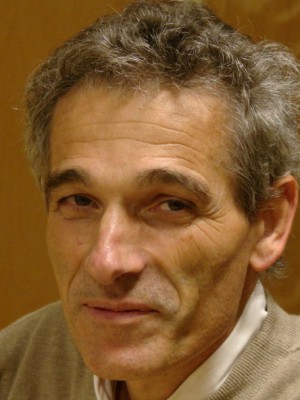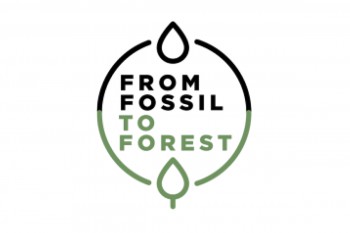Description
Dense oxide membranes exhibiting mixed oxygen ionic and electronic conductivity have become of great interest as a potentially economical, clean and efficient means of partial hydrocarbons oxidizing and oxygen generation by membrane separation from air. Such membranes typically operate at temperatures in the range 970-1170 K. Oxygen permeable ceramics as material for hydrocarbon oxidizing membrane are situated under hard usage conditions. One of the main causes of membrane failure is a crack of ceramic pieces induced high oxygen chemical potential gradients. Such fracture mechanism based on differences in lattice parameters for reduced and normal state of complex oxides. Details of this process are still unclear due to complexity of the phenomena.
Generalized objectives of this project are to investigate phenomena of the ceramics destruction under high oxygen gradient and to find way to avoid it. This objectives will be reached by the complex investigation of the rare-earth metal nikelates as permeable materials, including thermodynamic stability and domains of the phases existence, transport properties, thermal and isothermal chemical expansions coefficients, elasticity and durability measurements under temperature and oxygen chemical potential conditions corresponding to membrane operative ones. Expected results will include data for oxide membranes stability under high oxygen potential gradients, recommendations for designing of the ceramic membranes as a mechanical objects and theory of mechanical processes in dense oxide pieces induced by oxygen chemical potential alteration.
Main Local Researcher
Coordination
Kurt-Schwabe Institute for Measuring and Sensor Technology eV
Partners
Belarus State Polytechnic Academy; Belarus; Belarus State University; Belarus; National Academy of Sciences of Belarus; Belarus; Russian Federal Nuclear Center; Russia; University of Aveiro; Portugal; University of Twente; Netherlands
Sponsors







